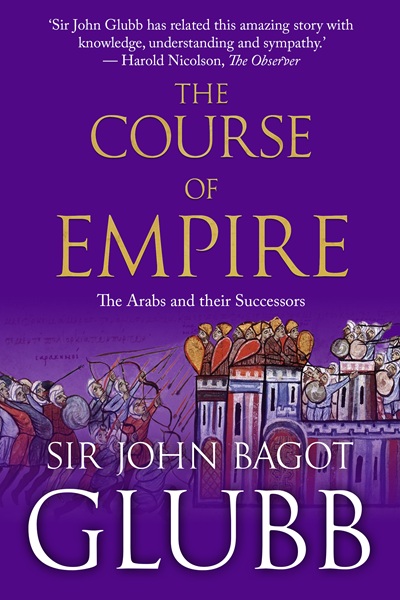
A vivid and authoritative account of the key events that shaped the Arab Empire from its height in A.D. 860 to its decline in A.D. 1145.

A vivid and authoritative account of the key events that shaped the Arab Empire from its height in A.D. 860 to its decline in A.D. 1145.
This record of the Arab Empire is the perfect read for fans of Marshall G. S. Hodgson, Robert G. Hoyland, Tom Holland, and Rodney Collomb.
In this book, author John Bagot Glubb continues his history of the Arabs, charting the rise and fall of the great empire over 285 years. The story of the empire — its leaders (both religious and political), military organisation and activity, territorial expansion, intellectual development, and civilisation — demonstrates an incredible advancement in imperial ambition and represents a particularly transformational period in world history. This period includes the detailed history and development of Spain as an independent colony of the empire and the First Christian Crusade in Syria and Palestine.
John Bagot Glubb extensively draws on source material from original Arab historians, European and Arab scholars, and his own reading and translations of European and Arabic works. His background as a British military leader and his personal experiences living and working in the Arab world mean he is uniquely placed to interpret history in a relatable, engaging, and well-informed manner.
From the very beginning of this book, Glubb recognises the remarkable parallels between the course of the Arab Empire and that of the British. These similarities are referenced throughout, providing an interesting comparison — particularly in the cyclical nature of empire and the reasons for its inevitable decline.
‘Sir John Glubb has related this amazing story with knowledge, understanding and sympathy.’ — Harold Nicolson, The Observer
‘Few men are better qualified to bring such a period to life.’ — The Sunday Times
‘Glubb Pasha, as he is known to the Arabs, among whom he spent the best years of his life, is without doubt one of the greatest Arabists of our time.’ — The Scotsman